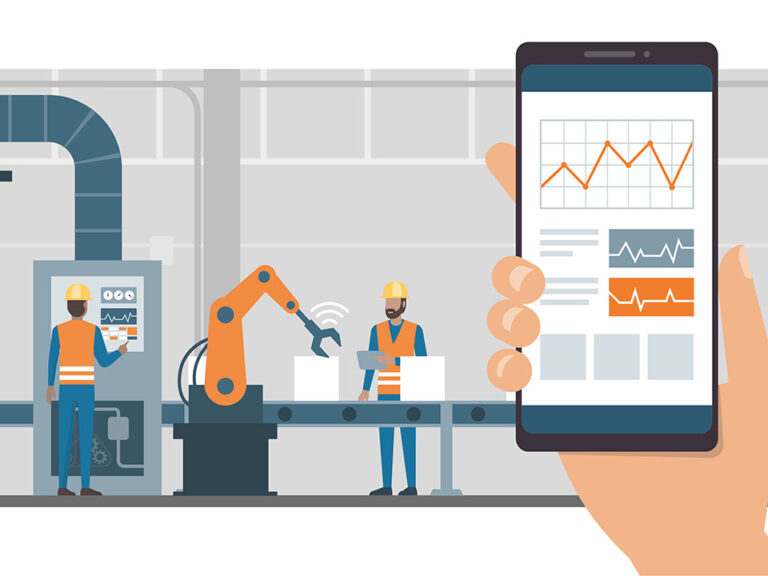In the rapidly evolving landscape of software development, quality assurance (QA) automation is emerging as a cornerstone in ensuring the quality and reliability of software products. The future of test automation promises significant advancements, integrating AI and machine learning to enhance testing processes and deliver high-quality software. This article delves into the future of QA automation, exploring key trends, tools, and strategies that are shaping the future of software testing.
Embracing the Future of QA Automation
The future of test automation is poised to revolutionize the way QA processes are conducted. As software development continues to evolve, the need for efficient, comprehensive test coverage has never been greater. QA engineers and professionals are at the forefront of this transformation, leveraging advanced automation tools and strategies to ensure the highest standards of product quality and performance.
The Evolution of Test Automation
Automation has become an integral part of modern software development. The use of automated testing tools and frameworks has streamlined the testing process, allowing QA teams to execute comprehensive test suites with minimal manual intervention. The need for quicker release cycles, better code quality, and higher overall software product quality is what is driving this shift toward automation.
Key Trends in QA Automation
AI and Machine Learning in QA Automation
AI and machine learning are set to play a pivotal role in the future of QA automation. These technologies enable intelligent automation, allowing QA processes to adapt and respond to changes in the software development lifecycle. AI-driven tools can analyze test data, identify potential defects, and optimize test cases based on user behavior and requirements. This results in more efficient testing and ensures higher product quality.
Integration Testing and Continuous Testing
Continuous integration and continuous testing are becoming standard practices in modern software development. QA automation tools are designed to integrate seamlessly with development pipelines, providing real-time feedback on code changes. This approach ensures that defects are identified and addressed early in the development process, reducing the overall time to market and enhancing the quality of the final product.
Comprehensive Test Coverage
Comprehensive test coverage is essential for ensuring the reliability of software products. Automated testing tools enable QA teams to create and execute extensive test cases, covering a wide range of scenarios and configurations. This ensures that all aspects of the application under test are thoroughly evaluated, from unit testing to integration testing and regression testing.
Future of QA Automation: Strategies and Tools
Adopting Advanced Automation Strategies
QA teams are adopting advanced automation strategies to maximize the efficiency and effectiveness of their testing efforts. This includes leveraging AI-driven tools, implementing automated test scripts, and utilizing cloud-based testing platforms. These strategies enable QA professionals to automate much of the testing process, freeing up valuable time and resources for more strategic tasks.
Enhancing Productivity and Efficiency
The future of QA automation is focused on enhancing productivity and efficiency without compromising quality. Automation provides significant cost savings by reducing the need for manual testing and enabling faster release cycles. By embracing automation, QA teams can ensure the quality and performance of their software products while staying competitive in today’s fast-paced business environment.
FAQs
What is the future of test automation?
The future of test automation is centered around the integration of AI and machine learning to enhance testing processes. These technologies enable intelligent automation, allowing for more efficient and comprehensive test coverage. The focus is on improving productivity, reducing costs, and ensuring the highest standards of quality and reliability in software products.
How does quality assurance automation benefit software development?
Quality assurance automation benefits software development by streamlining the testing process, reducing the time to market, and ensuring higher code quality. Automated testing tools enable comprehensive test coverage, identify and fix defects early in the development cycle, and enhance overall productivity and efficiency.
What are the key trends in QA automation?
Key trends in QA automation include the adoption of AI and machine learning, continuous integration and testing, and the use of advanced automation tools. These trends are shaping the future of software testing by enabling more efficient and effective QA processes, ensuring higher product quality, and reducing costs.
What are the best practices for implementing test automation?
Best practices for implementing test automation include selecting the right automation tools, designing comprehensive test cases, integrating automation with development pipelines, and leveraging AI-driven capabilities. It’s also important to continuously monitor and optimize the automation process to ensure maximum efficiency and effectiveness.
Conclusion: Shaping the Future of QA Automation
As we look to the future, QA automation will continue to play a crucial role in ensuring the quality and reliability of software products. By embracing advanced automation strategies and leveraging cutting-edge tools, QA teams can enhance their testing processes, deliver high-quality software, and stay competitive in the dynamic landscape of software development. Explore more articles on our blog to stay updated on the latest trends and best practices in QA automation.






